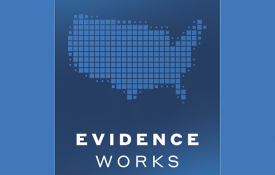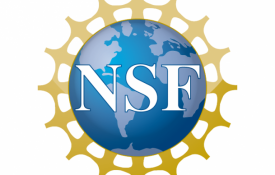-

New Report Illustrates Impact of Evidence on Policy
A new report titled “Evidence Works: Cases Where Evidence Meaningfully Informed Policy” presents 20 case studies describing instances in which evidence was used for government policymaking at the federal, state and local levels, and where policymaking processes were designed to incorporate evidence.
-

New Research From Psychological Science
A sample of research exploring blinking and time perception, how words influence speech perception, and intentional binding without intentional action.
-

Downward Head Tilt Can Make People Seem More Dominant
We draw social inferences from not only facial features but from the position of the head itself, research shows.
-

PAC Up Your Research at NSF!
The Perception, Action, & Cognition program of the National Science Foundation has issued a special note to psychological scientists and others, correcting myths and misperceptions that some may have about NSF funding and encouraging scientists to apply for support.
-
To Save The Science Poster, Researchers Want To Kill It And Start Over
Mike Morrison hardly looks like a revolutionary. He's wearing a dark suit and has short hair. But we're about to enter a world of conformity that hasn't changed in decades — maybe even a century. And in there, his vision seems radical. "We are about to walk into a room full of 100 scientific posters, where researchers are trying to display their findings on a big poster board," says Morrison, a doctoral student in psychology at Michigan State University.
-
PAC Up Your Research at NSF!
The Perception, Action, & Cognition (PAC) program of the National Science Foundation has issued a special note (below) to psychological scientists and others, correcting myths and misperceptions that some may have about NSF funding and encouraging scientists to apply for support. NSF’s PAC program is one of the premier funders of psychological science research in the United States. It funds a wide range of areas related to human behavior, especially perceptual, motor, and cognitive processes and their interactions.

